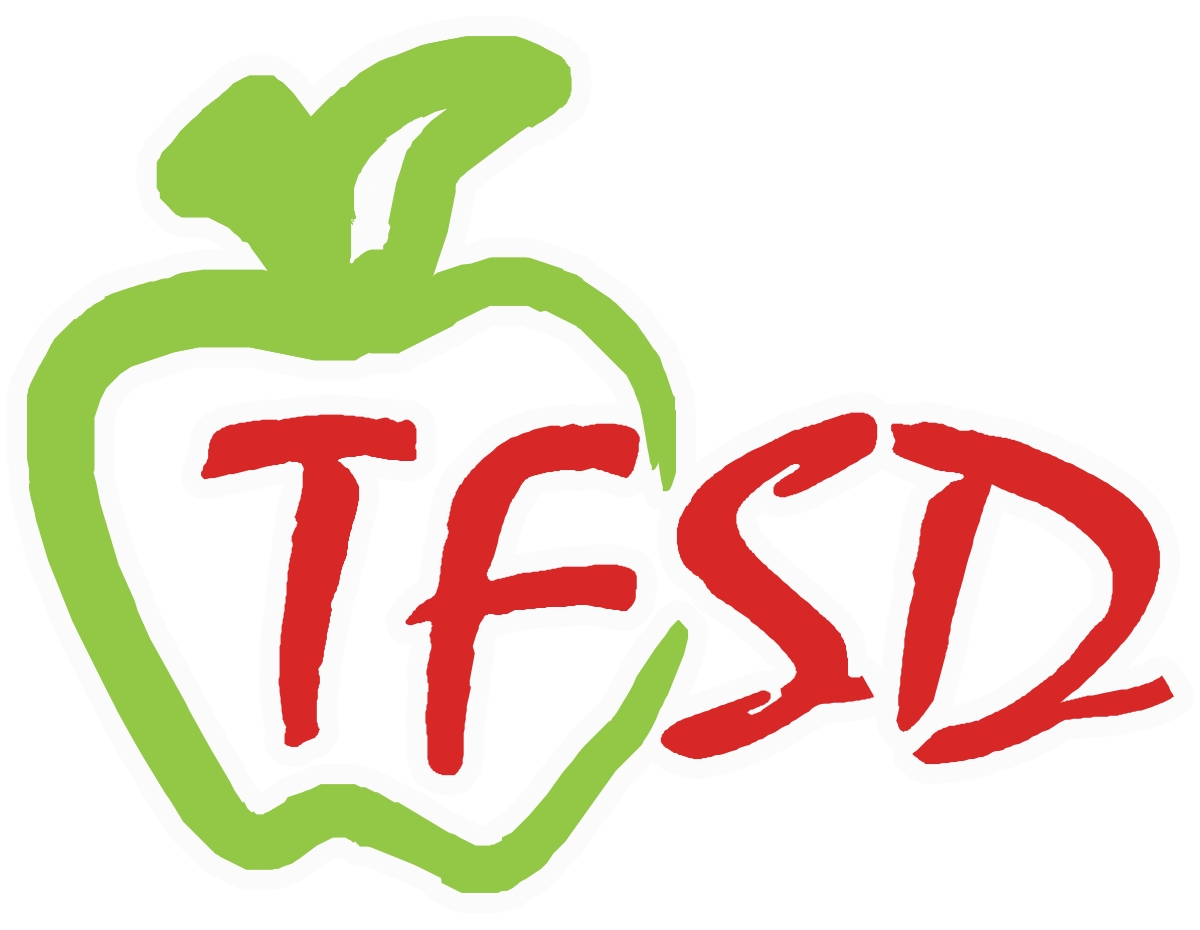1. Establish a Routine
Bedtime and Wake-Up Time: Start adjusting your child's bedtime and wake-up time to match the school schedule. This helps them get used to the new routine.
Practice Morning Routines: Go through the morning routine of getting dressed, having breakfast, and preparing to leave the house.
2. Familiarize with the School Environment
Visit the School: Take your child to visit the school and playground. Familiarity with the surroundings can ease first-day jitters.
Attend the School’s Open House: Most schools host open houses where families can get to know the school campus, the staff members, and school expectations. This is a great time to engage in the learning community with your child!
3. Develop Independence
Self-Care Skills: Encourage your child to practice self-care skills such as using the bathroom independently, washing hands, and putting on their coat and shoes.
Responsibility: Give your child small responsibilities, like helping to set the table or clean up toys, to foster a sense of independence.
4. Social Skills
Playdates: Arrange playdates with other children who will be attending the same school to help your child make friends.
Sharing and Taking Turns: Practice sharing, taking turns, and polite manners through games and interactions at home.
5. Reading and Learning Activities
Read Together: Spend time reading books about starting school and discuss what to expect. This can help alleviate anxiety and build excitement.
Practice Basic Skills: Engage in fun activities that involve recognizing letters, numbers, shapes, and colors. Simple games like matching or counting can be very effective.
6. Emotional Preparation
Talk About Feelings: Discuss feelings about starting school. Reassure your child that it’s okay to feel nervous or excited and that it’s a big adventure.
Role-Playing: Role-play school scenarios such as saying goodbye at drop-off, raising hands to ask questions, and following instructions.
7. Packing for School
Involve Your Child: Let your child help pick out their backpack, lunchbox, and school supplies. This involvement can build excitement.
Practice Packing: Have your child practice packing and unpacking their backpack, and make sure they know where to put their belongings.
Activities to Try:
Countdown Calendar
Create a countdown calendar to the first day of school. Each day, do a small activity related to school preparation, such as reading a book about school, practicing packing a lunch, or doing a simple craft.
School Supply Scavenger Hunt
Organize a scavenger hunt for school supplies around the house or at a store. This can make gathering supplies a fun and engaging activity.
Story Time
Read books about starting school. Some great options include:
"The Kissing Hand" by Audrey Penn
"First Day Jitters" by Julie Danneberg
"Miss Bindergarten Gets Ready for Kindergarten" by Joseph Slate
Art Projects
Create art projects related to school, such as drawing a picture of what they think their classroom will look like or making a "school bus" out of craft materials.
Practice School Lunches
Have picnic-style lunches where you practice eating from a lunchbox. This can help your child get used to the idea of eating lunch at school.
By following these tips and engaging in these activities, parents can help their children feel more confident and prepared for their first day of kindergarten. Remember, the goal is to make this transition as smooth and positive as possible for both the children and their families.

